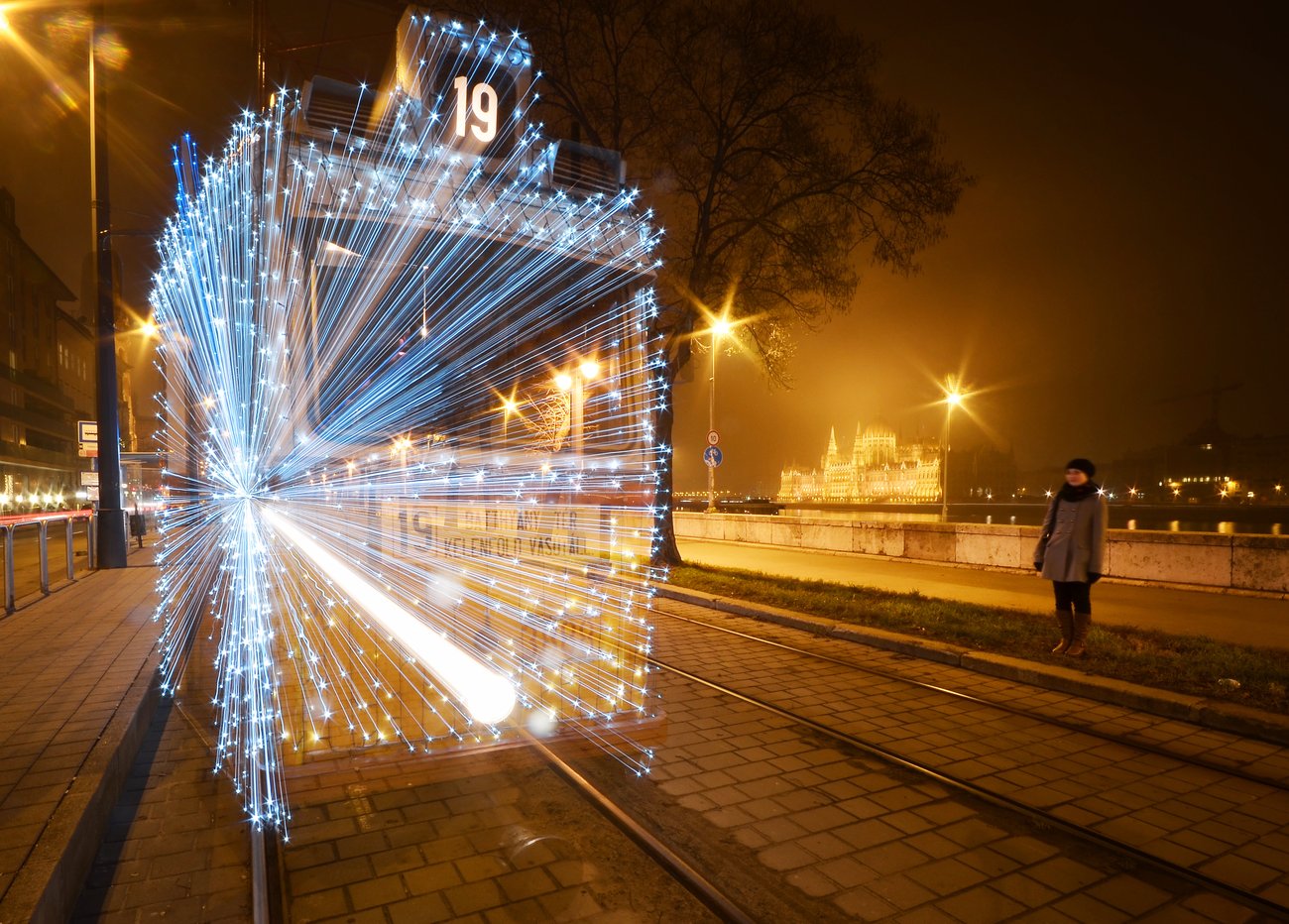University of Canterbury graduate Frank Ansell wants to light up the country’s industrial buildings with LEDs

LED lights are everywhere. They are in Christmas lights, traffic lights, torchlights, car headlights, and brake lights among others. An entrepreneurial physics graduate from the University of Canterbury Frank Ansell wants to extend the LED light revolution to all industrial buildings.
Ansell’s company National Lighting was started last year as a lighting consultancy to help companies introduce efficient lighting system using LEDs.
Replacing conventional lighting with LED lights can help industries trim as much as 80% of an annual energy bill of $500 (energy cost of typical industrial metal-halide lamp), he told Idealog.
Although LED lights cost more than conventional lights, the return on investment is usually around two years, he says.
The former Whangarei Boys’ High School student says he came about the business idea after working in an industrial environment, and having always been interested in energy renewal and energy alternatives. “The response (towards the business) has been fairly positive,” he says.

Frank Ansell physics graduate, serial entrepreneur in the making?
Cost-benefit analysis
The benefits of LEDs are not widely known, he says, as currently lighting solutions are channelled through sellers of lighting products to electricians who then install them for users. This means decision makers often don’t get access to specialist knowledge about the alternatives for energy efficient lighting systems and the cost-benefit-analysis.
“Many factories and warehouses are fitted with metal-halide lights which require significant amounts of electricity. Typically these are designed to last up to five years but they’re often not replaced for much longer than that, so the actual light output fades substantially. A typical industrial metal-halide lamp might consume around $500 per year in electricity costs alone.
“Modern LED lights consume around five times less electricity to produce the same amount of light. They also last around 15 years under normal usage and don’t fade much in that time. LED lights have fallen in cost in recent years so the return on investment for many businesses is attractive.”
The cost of LED lights has been prohibitive in the past but in recent years it’s come down so that the energy saving on these lights will pay for the cost of the upgrade in a few years. LED lights also typically last 15 years so it’s worthwhile if a company plans to occupy the same building for a while, Ansell says.
Switching to LED lighting is usually the best return on investment of any energy-saving technology available, he says, adding it is also easier for a company to cut cost than grow sales.
“I’ve always been interested in how buildings and cities consume energy. A 2007 study commissioned by the then Electricity Commission found that cost-effective energy efficient investments could reduce New Zealand’s electricity consumption by around 15 percent by 2016. “
National Lighting conducts free audits of a company’s lighting system and provide them a proposal for energy saving alternatives.
Ansell has already started an early company — Ironclad GPS – which is a GPS tracking software for managing fleets of vehicles.
“It’s really awesome to create a company from scratch and then watch it grow, and to get feedback from customers about how much they love using a product you created.
“The broad technical knowledge I gained while getting my degree at Canterbury gave me the skills to set up in business. A big part of university is networking. Friends I made at Canterbury with computer science degrees wrote the code for my first company, Ironclad GPS.”
The University of Canterbury’s director of Research and Innovation Dr Nigel Johnson says it is great to see graduates combining their scientific skills with the entrepreneurial flair to create new businesses.
“We have established UC Innovators on our campus to encourage and support many more of our students to become business creators, like Frank Ansell,” Dr Johnson




